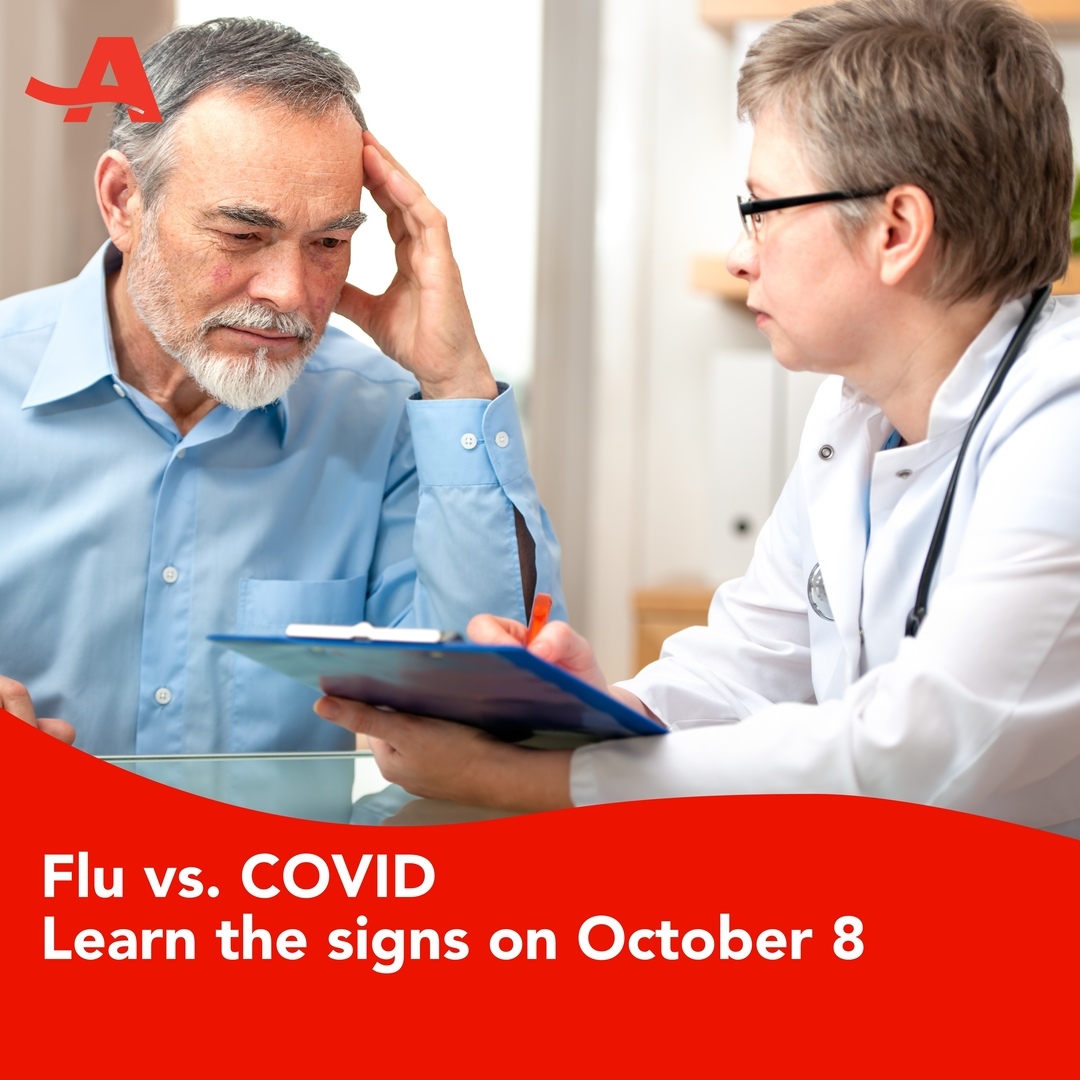AARP Hearing Center

As we move towards the traditional flu season, there are questions about the differences between the flu and COVID-19 viruses. At 1 p.m. Mountain Time (9 a.m. Hawaii Time) on Oct. 8, experts from Mountain Pacific Quality Health and the Hawaii Department of Health will attempt to explain the similarities and differences during a free seminar.
To take part in this free webinar, simply click on this link or dial 253-215-8782. The webinar will describe the best ways to prevent transmission of infection in your home. For those who want to watch the presentations, but don’t plan to answer questions, watch the webinar on AARP Wyoming’s Facebook page at: facebook.com/aarpwy anytime after the webinar’s start time.
Leading the webinar will be Kelley O’Leary, RN, MSN, CIC, infection preventionist at the Hawaii Department of Health, and Jill Hult, a Registered Nurse, Licensed Nursing Home Administrator, and holds a Certificate of Nursing Home Infection Prevention Training from the Centers for Disease Control.
“Because symptoms are very similar, it is important to learn how best to proceed should you become ill or have symptoms”, say Hult.
House Calls Series Enters Month Five
Mountain-Pacific Quality Health and AARP State Offices in Wyoming, Hawaii, and Montana invite began the “House Calls,” free webinar series May 14. The hope is to demonstrate infection protection and other ways to keep loved ones out of the hospital.
The webinar series comes out of the Centers for Disease Control’s (CDC) Project Firstline, which offers interactive infection prevention and control curriculum for healthcare and public health workforces and family caregivers across the United States. The “House Calls,” series aims to close that gap and help caregivers take better care of their loved ones residing both at home and in skilled nursing facilities.
Hall is Wyoming’s Long Term Care (LTC) Ombudsman, and works to resolve problems related to the health, safety, welfare, and rights of individuals who live in LTC facilities, such as nursing homes, board and care and assisted living facilities, and other residential care communities.
About Project Firstline
The COVID-19 pandemic has revealed gaps in infection prevention and control knowledge and practice in healthcare settings nationwide. The Project Firstline program includes room for townhall discussions, and tele-mentoring to ensure all workers in healthcare are empowered with knowledge and reasoning behind today’s infection control practices.
CDC has teamed up with a coalition of more than a dozen healthcare, public health, and academic partners, as well as 64 state, territorial, and local health departments through the Epidemiology and Laboratory Capacity cooperative agreement to support development and dissemination of Project Firstline’s innovative, The series objectives include slowing and stopping the spread of infectious disease, by helping family caregivers understand how to keep their loved ones protected in order to reduce healthcare costs and hospital readmissions.
“We all need to know infection control basics and understand how to prevent infection during day-to-day activities and individual interactions. Infection prevention (IP) processes, procedures and tools can be used to empower all individuals within our communities to take necessary IP precautions,” says Crystal Morse of Mountain-Pacific Quality Health.
Learn more by exploring CDC's Project Firstline factsheet, Facebook page, Twitter – or read the full Project Firstline press release. For more information, including how to participate in Project Firstline, contact Crystal Morse at cmorse@mpqhf.org.































































